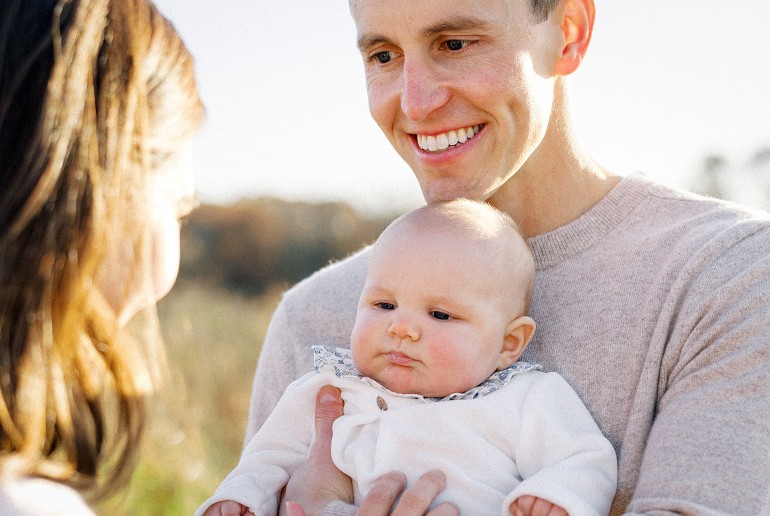Fathers who take at least two weeks of leave after their child’s birth are significantly more likely to report longer breastfeeding duration, according to a recent survey led by scientists at Northwestern University and Ann & Robert H. Lurie Children’s Hospital of Chicago.
“Our study shows fathers play a key role in breastfeeding success — and time off lets them provide crucial support when it matters most,” said lead study author Dr. John James Parker, an assistant professor of pediatrics and medicine at Northwestern University Feinberg School of Medicine, pediatrician at Lurie Children’s and internist at Northwestern Medicine.
Why it matters
The findings, published this week in BMC Public Health, provide the first analysis, using father-reported data, of the influence of paternity leave on breastfeeding in the U.S. Breastfeeding provides important health benefits for both mothers and infants, yet rates in the U.S. remain suboptimal. Only 46.5% of infants are exclusively breastfed through three months.
Digging into the data
Using data from the PRAMS for Dads survey, scientists analyzed answers from a representative sample of 240 employed fathers in the state of Georgia.
They found that fathers who took two or more weeks of leave were 31% more likely to report their infant being breastfed at eight weeks compared to those who took less than two weeks.
Among families who started breastfeeding, those where dads took at least two weeks of leave had a 25% higher rate of continued breastfeeding at eight weeks than those where dads took less time off.
This was true even after adjusting for paternal, maternal and infant characteristics.
“Fathers can support breastfeeding by taking on hands-on baby care — changing diapers, burping, rocking and feeding expressed milk — while also ensuring mothers get the nutrition, hydration and rest they need to recover,” Parker said. “All these father-supportive activities are easier when fathers have more generous leave.”
The study also found disparities in paid leave access, with white fathers more likely to receive paid leave than fathers from other racial and ethnic groups. In total, 73% of employed fathers in the sample reported taking leave, with slightly over 50% receiving some paid leave. Fathers who took paid leave were more likely to take at least two weeks off.



